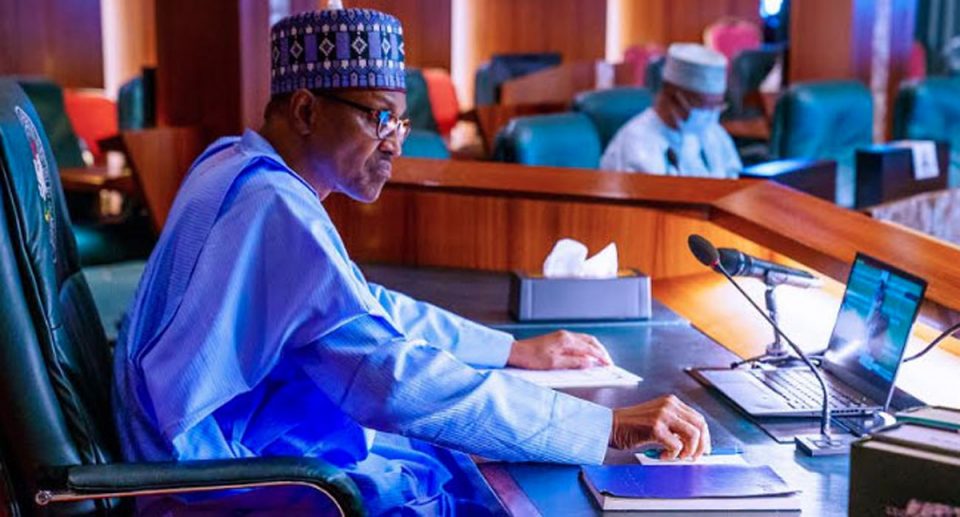While speaking at the fifth regular meeting with the Presidential Economic Advisory Council, PEAC, Tuesday, December 29, 2020 at the State House in Abuja, President Muhammadu Buhari again directed the Central Bank of Nigeria, CBN, not to release forex from the country’s reserves for the importation of food items.
He declared that seven states are already producing all the rice for the citizens’ consumption. The president had issued similar orders to the CBN in August and September 2020.
First, the order to CBN, considering its autonomy, is illegal. It is also an unrealistic measure given that most of the foreign exchange used to import rice is not sourced from the banks.
Second, the claim that Nigeria now produces all the rice she needs has been debunked by economic indices. Economists argue that the astronomical price of locally produced rice tells the truth.
Nigerians still consume a lot of smuggled foreign rice. The price of any food item, experts say, cannot jump from 100 to 150 per cent in one year if indeed we produce all we need of that item.
The honest approach would have been to solve the problem of herdsmen violence against farmers first.
There are frequent reports of Fulani herdsmen, armed bandits and kidnappers either destroying rice farms, especially in Koko and Jega areas of Kebbi State, or of chasing farm labourers away from the farms.
There is also the problem of flood which threatens farms in some regions.
Withholding forex for importation of food aimed at making the country to be self-sufficient may sound good, but should the policy not have been extended to fuel and automobile importation to also encourage local refining of products and local auto companies?
To be certain, cutting agricultural imports will not automatically translate to expansion of the local farm sector.
There must be deliberate efforts to grow the industry through financing – making loans available to farmers, mechanisation of the local industry, etc., – before we can begin to see the real impact of the economic policy.
It is true that a number of the food items on the ban list can be produced locally, but some items cannot. We think a selective ban would have been more realistic.
Data is also important. How many farmers are in Nigeria? Who is producing what, where and how? What are their overall potentials?
Are there incentives for local investors? How much forex is being generated or can be generated from the increased yield in locally produced food?
Realistically, Nigeria cannot become self-sufficient in food production overnight.
There is a huge population of which only a fraction is engaged in farming, with even smaller fraction practicing mechanised farming. The idea of total ban only leads to scarcity, smuggling and high cost.
If any policy deserves to be scrapped for the sake of local economic growth, it is the policy of importation of petroleum products.
The idea of Nigeria – a major crude oil producing country – banning food imports while continuing to import finished petroleum products is ridiculous. It rubbishes the whole argument of economic prudence.



